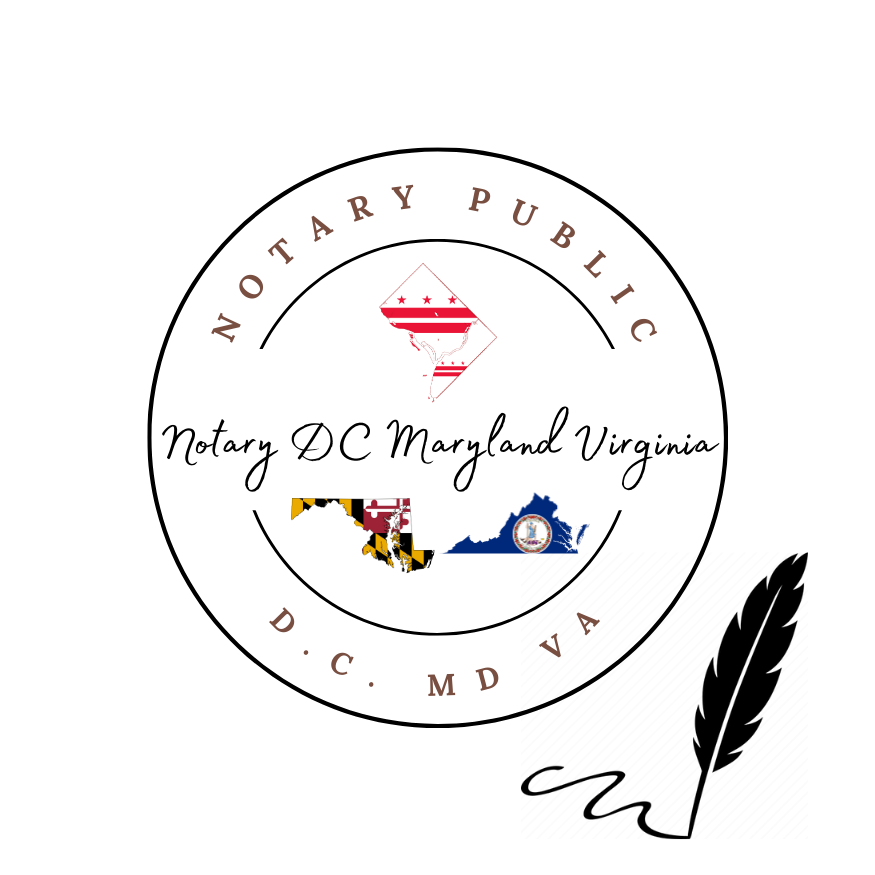FDA Certificates Apostille/Authentication
The U.S. Food and Drug Administration (FDA), under the Department of Health and Human Services (HHS), plays a vital role in safeguarding public health. It ensures the safety and effectiveness of drugs, vaccines, medical devices, food, dietary supplements, cosmetics, and tobacco products.
When companies in the United States export FDA-regulated products abroad, foreign governments and international customers often require an official certificate issued by the FDA. These certificates confirm a product’s regulatory status, compliance, or approval for sale in the U.S., and they are frequently a mandatory step for product registration or import clearance overseas.
Why Do Countries Require FDA Export Certificates?
Foreign governments typically request FDA certificates to verify that exported goods are either:
Approved for marketing and sale in the United States, or
Manufactured under current Good Manufacturing Practices (cGMP) and U.S. quality standards.
In many cases, presenting an FDA Export Certificate is part of the legal import process. Without it, products may face rejection, delay, or denial of entry into the destination country.
Types of FDA Export Certificates
The FDA currently issues different types of export certificates depending on the product category:
Certificate to a Foreign Government (CFG)
Certificate of Exportability (COE)
Certificate of Free Sale (CFS)
Certificate for Cosmetics
Certificate of Pharmaceutical Product (CPP)
Electronic Certificate of Pharmaceutical Product (eCPP)
Current Good Manufacturing Practice (cGMP) Declarations
Non-Clinical Research Use Only (NCR) Certificate
Each certificate serves a specific purpose, ranging from cosmetic exports to pharmaceutical trade approvals.
Apostille and Authentication for FDA Certificates
Any document issued by the FDA or HHS in the United States must be properly apostilled or authenticated before it can be legally recognized abroad.
Requirements for FDA Certificate Authentication:
The document must be an original copy.
It must be printed on official FDA letterhead.
It should include the signature, printed name, title, and seal of the issuing FDA official.
How the Apostille / Authentication Process Works
The process depends on whether the destination country is a member of the Hague Apostille Convention (1961):
If the country IS a Hague member:
The certificate requires an Apostille from the Secretary of State. Once issued, the document is ready for international use.If the country is NOT a Hague member:
The certificate must go through U.S. Department of State authentication and then legalization at the foreign embassy or consulate in Washington D.C.
This ensures the document is legally recognized for use abroad.
Our Services
We provide professional assistance for:
FDA Certificate Apostille
FDA Authentication Services
Embassy Legalization for Non-Hague Countries
Apostille and legalization of personal and corporate documents across all 50 U.S. states and D.C.
Once you submit your order and mail us the original document, our team will process it based on your destination country’s requirements. After completion, we will send the finalized document to your U.S. or international address.

